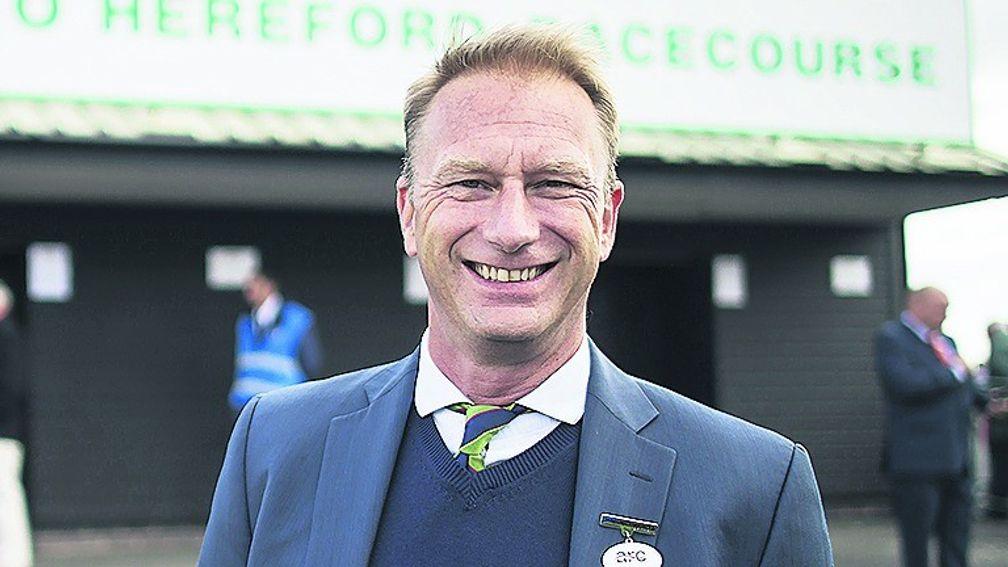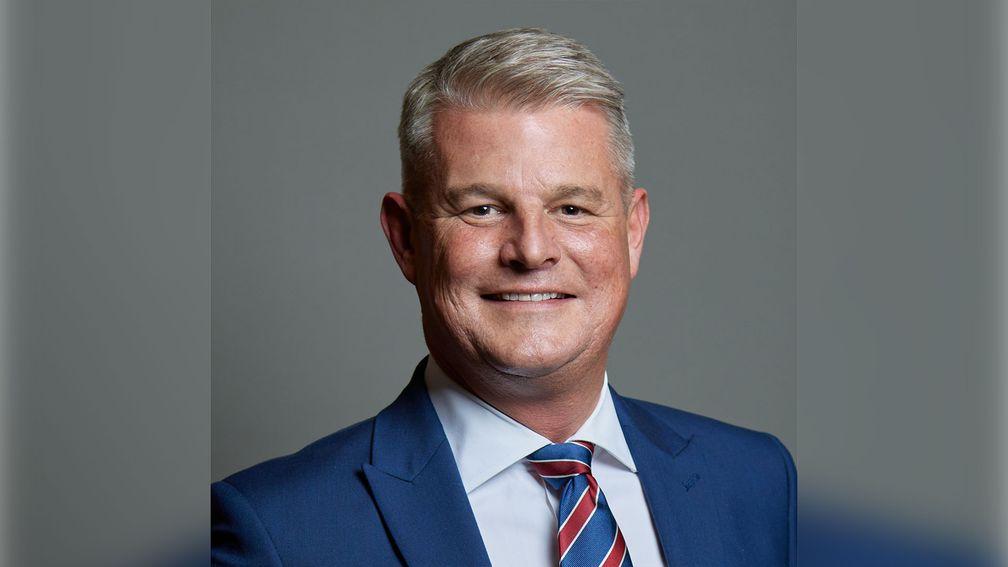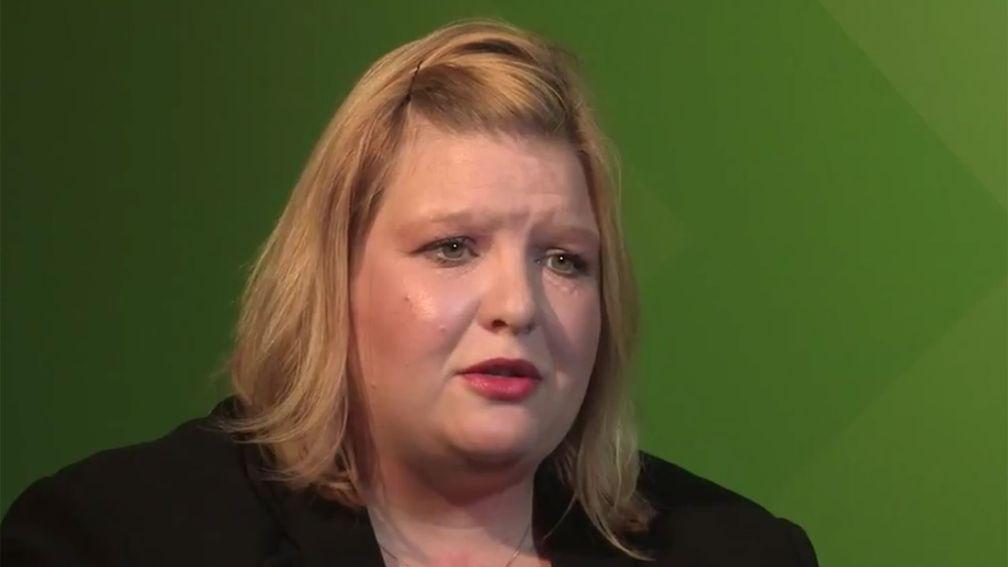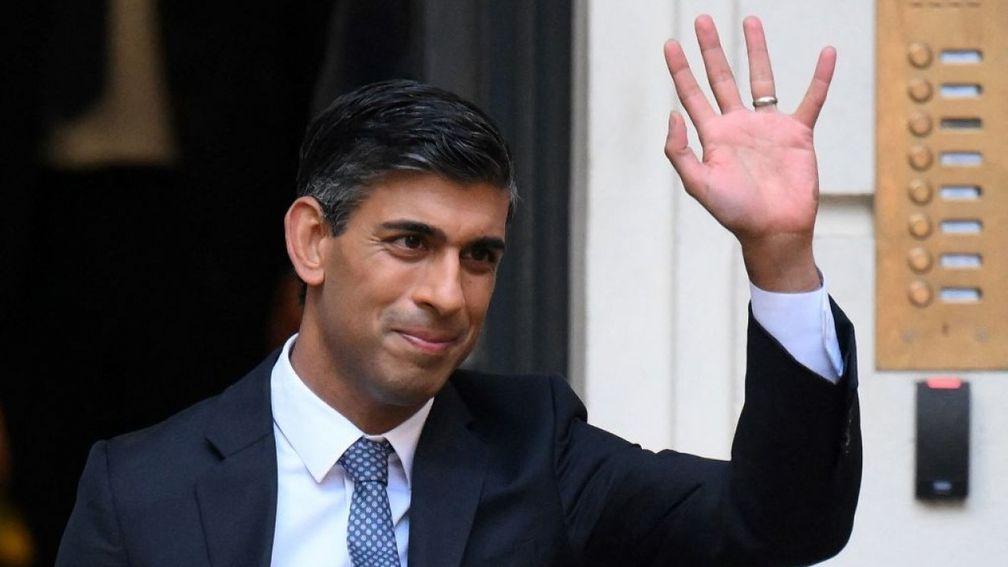Eight things the new ministers need to know about the gambling review

A new team of ministers has been tasked with overseeing the final stages of the gambling review before the government publishes its proposals, and affordability checks are expected to figure in the white paper. Here are eight things culture secretary Lucy Frazer and Stuart Andrew, who is expected to become gambling minister, need to know about how the checks are already affecting British horseracing
1. Affordability checks have already hit huge numbers of punters
The scale of affordability checks on punters has been laid bare by work including the Racing Post's recent Big Punting Survey.
The survey received more than 10,400 responses and found that 16.6 per cent of those who replied had already been asked to provide personal financial information such as bank statements and tax returns in order to have a bet.
A similar survey by Racing TV found that 22 per cent of the 3,575 respondents said they had been asked to supply personal information.
The readers of the Racing Post and viewers of Racing TV may be more engaged in betting than the general betting public but the figures would strongly suggest that tens, and possibly hundreds, of thousands of punters have already been hit by affordability checks.
2. Ordinary people loathe this intrusion into their private finances
Previous gambling minister Paul Scully said it was not the place of the government or the Gambling Commission to decide how much of their money people could spend on gambling and that is a view shared by the overwhelming majority of those who bet.

Nearly 97 per cent of respondents to the Racing Post's survey said they were best placed to assess whether their level of betting was affordable, a resounding expression of support for exactly the sort of personal responsibility the Conservative party claims to stand for.
Two thirds of those asked said they would refuse to provide their financial details if asked to do so by a bookmaker, while more than 55 per cent of those who have already been asked for documents said they had refused to do so. A similar response was given to the same question in a recent survey of Racing TV members.
Hundreds of readers have contacted the Racing Post to complain about affordability checks, and a common theme has been utter exasperation that they should be asked for such personal information simply in order to spend their own money on betting when no other form of expenditure carries such onerous restrictions.
3. Racing is already suffering serious harm from affordability checks
When affordability checks were first mooted, British racing's leadership estimated that between £60 million and £100m per annum could be wiped from the sport's revenues at the most stringent levels called for by campaigners.
However, even before the publication of the gambling white paper, the affordability checks instituted by bookmakers are already having a serious effect according to those who hold the sport's purse strings.

Arena Racing Company chief executive Martin Cruddace has estimated the cost of current practices to British racing could reach £40m a year, while Racecourse Media Group chief executive Martin Stevenson said recently the company had seen a "material decline in online betting turnover on horseracing in 2022" and the sport was "suffering a heavy financial toll" as a result of affordability checks.
4. The threat from the black market is real
There are some who dismiss the threat posed by the gambling black market but the figures strongly suggest such a view is complacent.
The Racing Post's survey found that 3.6 per cent of respondents had used a black market operator in the last 12 months, while a further 11 per cent knew someone who had. Racing TV's survey came to a nearly identical figure of 15 per cent of respondents who said they bet, or knew someone who bets, with an unregulated online bookmaker.
Meanwhile, a third of Racing Post respondents said they would either consider going to the black market or definitely do so if they were unable to bet what they wanted with regulated bookmakers.

Simply googling "non Gamstop" throws up page upon page of unregulated operators happy to take on UK players, using a term explicitly designed to catch those who have self-excluded from licensed bookmakers – a damning example of how cynical and dangerous black market bookmakers are.
The counter argument from the Gambling Commission and others has been that the existence of the black market is no excuse not to impose strict regulation. Others would suggest a more sensible approach is that regulation should be tough but not so ham-fisted it drives those without issues – as well as the truly vulnerable – into the arms of the unregulated market.
5. The Gambling Commission's claim that affordability checks are nothing to do with it is nonsense
Gambling Commission chief executive Andrew Rhodes has claimed the industry regulator has not mandated the intrusive checks which punters are already undergoing. However, the Gambling Commission has in the past clearly told operators to ask bettors for personal financial information.
A commission report published in late 2020 said customers spending more than the national average should be asked for information "such as three months’ payslips, P60s, tax returns or bank statements".
Commission guidance for online operators during the Covid-19 lockdown, still in place until last September, also specifically mentioned the "need" for affordability checks.
While that guidance has lapsed, the commission has implemented new guidelines under which operators are expected to set activity thresholds above which bookmakers are expected to consider their customers' ability to afford their betting.
Operators are under threat of heavy financial punishment should they fail to spot someone spending beyond their means – but, of course, understanding whether that is happening can only be achieved by asking customers to furnish sensitive financial documents.
The checks are down to the Gambling Commission.
6. Problem gambling rates are static and low . . .
In a speech this month, Gambling Commission deputy chief executive Sarah Gardner cited the 2018 Health Survey for England as showing that 0.5 per cent of the population were problem gamblers. In September the commission said the overall headline problem gambling rate on another measure was statistically stable at 0.3 per cent.

Indeed, when launching the gambling review in 2020 the government said the problem gambling rate had "remained broadly steady around or below 1 per cent for the past 20 years".
There have been predictions that football tournaments and the Covid-19 pandemic would lead to an "explosion" of problem gambling, but the figures have not borne that out.
7. . . . and problem gambling rates for horseracing are comparatively low compared to other products.
The problem gambling rate for those betting on horseracing not online is three per cent according to figures compiled by Public Health England, while the figure for overall online betting with a bookmaker is 3.7 per cent.
Only lottery gambling produced a lower figure than horseracing, while the figure for in-person bingo was 3.3 per cent. By contrast, the figure for online slots, casino or bingo games was 8.7 per cent.
A disproportionate number of horseracing bettors are being caught up in affordability checks given the low risk of problem gambling they present.
8. If rapid action is not taken, the sport could suffer catastrophic damage
Just as British racing began to emerge from the battering it took from the Covid-19 pandemic it was hit by another financial storm.
Things would be hard enough if the cost of living crisis were the only issue facing the sport, but on top of that it is suffering needlessly because of the imposition of intrusive affordability checks.

Last week prime minister Rishi Sunak hailed the contribution racing and breeding made through the more than £4 billion the industry generates for the economy and its ability to showcase Britain on the global stage. "I want to see British racing and breeding stay at the front of this global race in the years ahead," he added.
However, British racing was already facing major challenges due to its lack of financial competitiveness against other jurisdictions with more favourable funding regimes.
If the white paper kicks the can down the road by directing that affordability checks should be subject to yet another consultation, the status quo will continue, tens of thousands more ordinary people will be subject to affordability checks and enormous damage will be done to British racing.
The government's white paper must make it clear that bookmakers are not expected to ask customers for their bank statements, payslips and other financial documents – or define exactly the exceptional circumstances in which such an invasion of privacy would be appropriate.
Read these next:
The Big Punting Survey: one in six have already been hit with affordability checks
The Big Punting Survey: revealing racing's 'Radio 4 problem'
Gambling Commission denies mandating the affordability checks blighting punters

Sign up to receive On The Nose, our essential daily newsletter, from the Racing Post. Your unmissable morning feed, direct to your email inbox every morning.
Published on inNews
Last updated
- Join Racing Post Members' Club for the very best in racing journalism - including Patrick Mullins' unmissable trip to see Gordon Elliott
- Racing Post Members' Club: 50% off your first three months
- Join the same team as Ryan Moore, Harry Cobden and other top jockeys with 50% off Racing Post Members' Club
- 'It’s really exciting we can connect Wentworth's story to Stubbs' - last chance to catch master painter's homecoming
- The jumps season is getting into full swing - and now is the perfect time to join Racing Post Members' Club with 50% off
- Join Racing Post Members' Club for the very best in racing journalism - including Patrick Mullins' unmissable trip to see Gordon Elliott
- Racing Post Members' Club: 50% off your first three months
- Join the same team as Ryan Moore, Harry Cobden and other top jockeys with 50% off Racing Post Members' Club
- 'It’s really exciting we can connect Wentworth's story to Stubbs' - last chance to catch master painter's homecoming
- The jumps season is getting into full swing - and now is the perfect time to join Racing Post Members' Club with 50% off